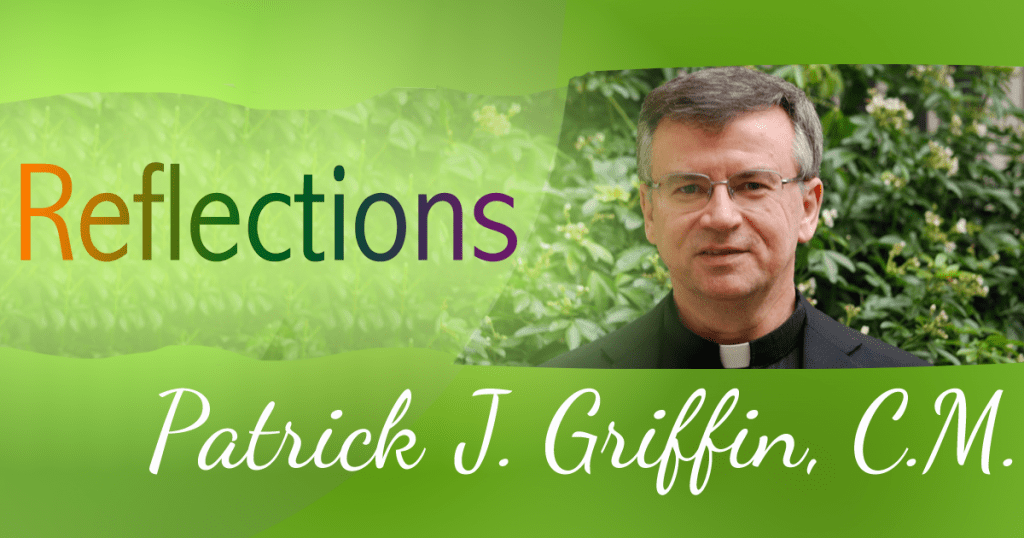One of the first prayers that many of us learn as children is that for our guardian angel. Most Christian adults memorized it long ago and find it firmly lodged in our minds.
Angel of God, my guardian dear, to whom God’s love commits me here, ever this day (or night) be at my side, to light, to guard, to rule and guide. AMEN.

Our parents taught us this prayer not to make us think that someone was watching us, but that someone was watching over us. As scary as the darkness of a night or the fear of being alone might be, one could always rely on our guardian angel to have us protected and accompanied. For many of us, it gave courage and hope in difficult circumstances. We could rely on this guardian companion.
I like the term “guardian.” It has an association with St. Joseph. Frequently he receives the title “Guardian of the Lord” and “Guardian of the Holy Family.” I suspect that St. Joseph would have welcomed the description.
This term is embedded in Psalm 121—one of the Song of Ascents (120-134). As people gathered and began their journey to the Holy City, Jerusalem, they would pray these songs along the way. The Holy Family would have joined in this trek numerous times. I hear St. Joseph pondering this image as he walked:
I raise my eyes toward the mountains.
From whence shall come my help?
2 My help comes from the LORD,
the maker of heaven and earth.
3 He will not allow your foot to slip
or your guardian to sleep.
4 Behold, the guardian of Israel
never slumbers nor sleeps.
5 The LORD is your guardian;
the LORD is your shade
at your right hand.
6 By day the sun will not strike you,
nor the moon by night.
7 The LORD will guard you from all evil;
he will guard your soul.
8 The LORD will guard your coming and going
both now and forever.
Could Joseph have imagined himself as the Lord’s instrument in this context? The angel of the Lord had instructed him to take Mary, his wife, and the child that she carried, into his home (Mt 1:20, 24). Pope John Paul II titled his apostolic exhortation on Joseph “Redemptoris Custos” (1989)—“Guardian of the Redeemer”—and explained:
[The incarnation] is precisely the mystery in which Joseph of Nazareth “shared” like no other human being except Mary, the Mother of the Incarnate Word. He shared in it with her; he was involved in the same salvific event; he was the guardian of the same love . . . (RC, 1)
And again:
Joseph was in his day the lawful and natural guardian, head and defender of the Holy Family. (RC, 28)
Psalm 121 holds up the Lord as the guardian of Israel and its people. One can see how Joseph embraces that role in relation to Jesus and Mary. Always attentive to the challenges that might confront his wife and child, Joseph stood guard. Can you imagine Mary and the child after the birth in Bethlehem. Both mother and child would be exhausted, and we can imagine Joseph standing by and guarding them with the love of a father and spouse. His presence made their rest possible and comfortable. One can characterize him as an angel.
In the decree Paternas vices (May 1, 2013)—by which Pope Francis places the name of Joseph in the Eucharistic Prayers II, III, and IV—we read:
“[St. Joseph] stands as an exemplary model of the kindness and humility that the Christian faith raises to a great destiny, and demonstrates the ordinary and simple virtues necessary for men to be good and genuine followers of Christ. Through these virtues, this Just man, caring most lovingly for the Mother of God and happily dedicating himself to the upbringing of Jesus Christ, was placed as guardian over God the Father’s most precious treasures.”





0 Comments